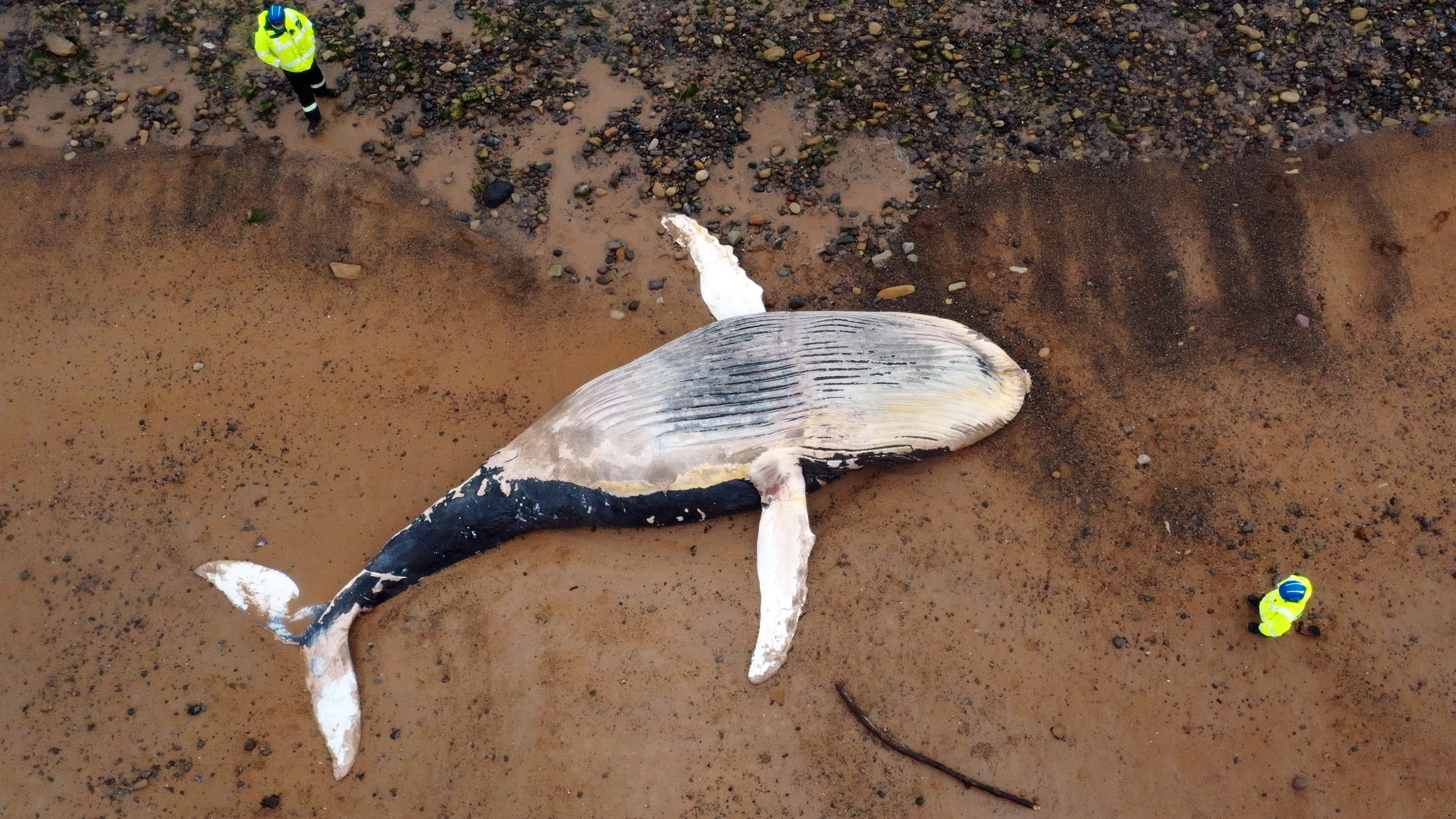Get the latest Science News and Discoveries
Pando, located in the Wasatch Mountains of the western US, is a 106-acre stand of quaking aspen clones, making it the largest single organism on Earth by mass.
Pando, located in the Wasatch Mountains of the western US, is a 106-acre stand of quaking aspen clones, making it the largest single organism on Earth by mass., Pando, consisting of 47,000 genetically identical stems, has been around for thousands of years, potentially up to 14,000 years, despite individual stems living for about 130 years., Deer overgrazing is a major threat to Pando, as they eat the tops off newly forming stems, inhibiting new growth in large portions of the organism., Pando is also affected by at least three diseases, including sooty bark canker, leaf spot, and conk fungal disease, which pose a threat to the health of the organism., Climate change is a significant threat to Pando, impacting its size, lifespan, and the entire ecosystem it supports, with reduced water supply and warmer weather affecting the trees., Despite facing various threats, Pando remains resilient and has survived rapid environmental changes over the centuries, providing hope for its continued protection and conservation efforts., Scientists, conservation groups, and the US Forest Service are working to unlock the secrets of Pandos resilience and protect the organism and its associated ecosystem for the next 14,000 years.
None
Or read this on r/EverythingScience